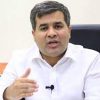
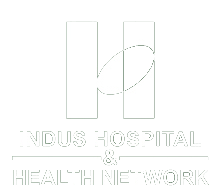
Working together for a
Healthier Punjab,
Healthier Pakistan
Indus Hospital & Health Network and Government of Punjab working together to make a Punjab & Pakistan healthier
Punjab is the second largest province of Pakistan by land area. With 53% of the total population (110 million people) residing in Punjab, the province faces a significant burden of infectious diseases, accounting for over half of all tuberculosis cases in Pakistan.
Pakistan’s population is on the rise with one of the highest birth rates of 22 births per 1,000 people. Therefore, public-private partnerships are increasingly required to cope with the burgeoning health demands. Indus Hospital & Health Network has been working with the Punjab Government to help serve the region and make universal healthcare a reality.
IHHN & Government of Punjab
Public-Private Partnership
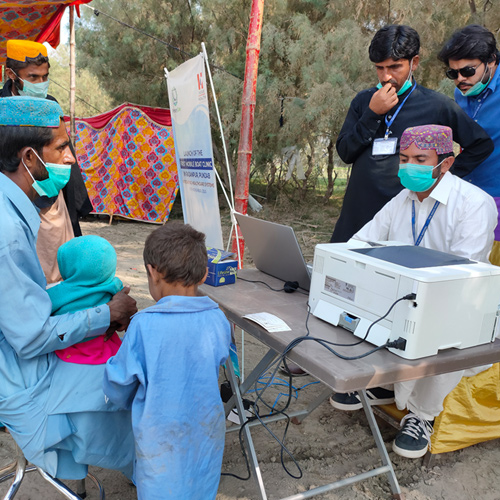
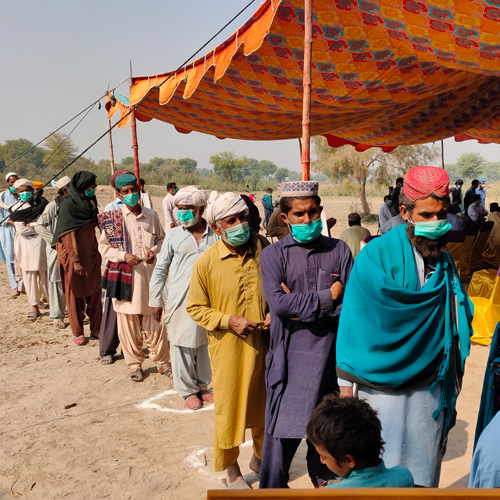
Achievements & Collaborations
With the assistance and funding provided through partnering with the Punjab Government, IHHN has expanded its network throughout the province and has made significant steps toward achieving its goal of providing quality and free healthcare to all.
The Regional Blood Center – Bahawalpur is connected with the 1,500-bed Bahawalpur Victoria Hospital Blood bank; Jubilee Mother & Child Hospital; and Civil Hospital, Bahawalpur.
IHHN is managing five government hospitals in Lahore. The Bedian Road hospital is a 60-bed mother and child hospital which also houses Physical Rehabilitation Center. The remaining hospitals are 100-bed multidisciplinary secondary care hospitals. Each hospital has dedicated inpatient, outpatient, Emergency, and Day Care services with Laboratory and Radiology services. There is also a central lab at Sabzazar Campus. These campuses are run on a framework of local hierarchy with head office support and monitoring.
Tehsil Headquarter Hospital Kahna Nau
Tehsil Headquarter Hospital, Sabzazar
Recep Tayyip Erdogan Hospital is a 400-bed hospital with tertiary healthcare facilities and a physical rehabilitation program. At present, RTEH has an old campus, a mother and child hospital, and a new campus where Medical and Surgical Allied services are available.
RTEH was designated as a major referral center for COVID-19 in South Punjab with a mutual understanding of IHHN and the Government of Punjab. It also has a residency program in all major clinical specialties accredited by the College of Physicians and Surgeons Pakistan.
Multan Institute of Kidney Diseases is a 150-bed ‘single specialty’ hospital, that deals with both medical and surgical aspects of kidney diseases. It houses all treatment modalities of Nephrology and Urology. MIKD has inpatient, outpatient, Emergency, and Day Care services and clinical departments.
IHHN is also running the Regional Blood Center – Multan which provides services to the Multan Institute of Kidney Diseases; the 1,500-bed Nishter Hospital Blood Bank; Children Hospital, Multan; and other hospital blood banks associated with IHHN, including Recep Teyyip Erdogan Hospital in Rahimyar Khan, Tehsil Headquarter Hospital, Bedian Road, and Tehsil Headquarter Hospital, Sabzazar.
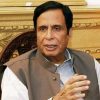
Chaudhry Parvez Elahi
Chief Minister of Punjab
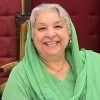
Dr. Yasmin Rashid
Provincial Minister for Health, Punjab
